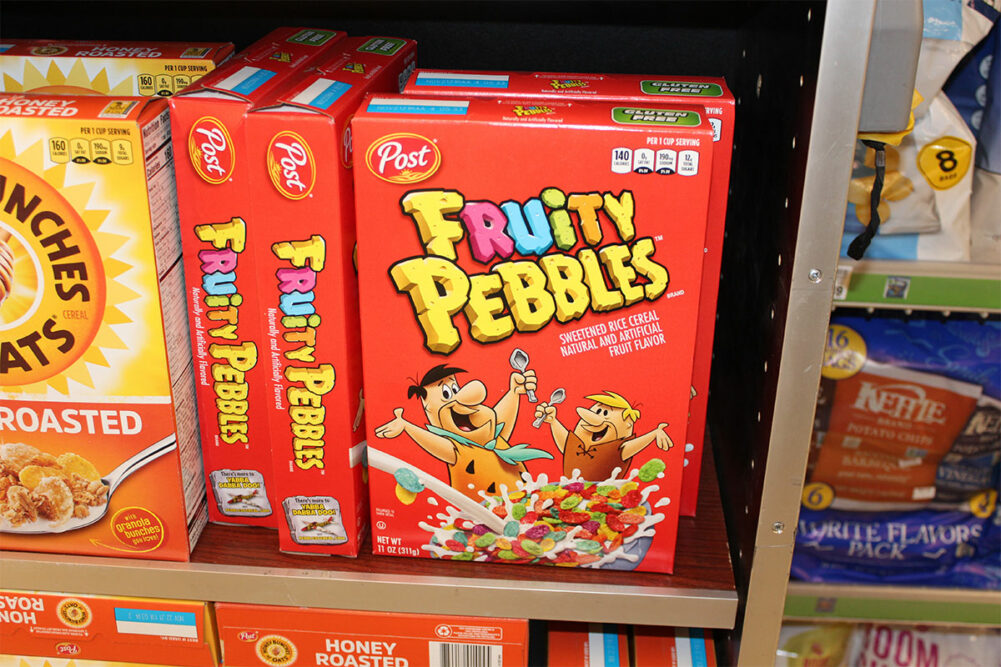ST. LOUIS — Post Holding Inc.’s Foodservice and the pet food brands it acquired in February played an outsized role in the company’s fiscal 2023 performance. Pressuring results were consumers impacted by high prices and trading down from many of the company’s branded products.
Net income for the year ended Sept. 30 was $301.3 million, equal to $5.21 per share on the common stock. In fiscal 2022, Post Holdings recorded a net income of $756.6 million, equal to $12.07 per share, but the results included a one-time benefit of $437.1 million related to the spin-off of Bellring Brands.
Annual sales rose substantially to $6.99 billion from $5.85 billion primarily due to the pet food acquisition.
The Post Consumer Brands business unit, which includes the company’s ready-to-eat cereal, pet food and peanut butter brands, saw its sales rise to $3.03 billion from $2.24 billion the year before and generate a segment profit of $378.8 million, which was an improvement over $314.6 million the year before.
“ … We had a very strong start to our entry in the pet food category and recaptured some profit margin in our domestic retail businesses through pricing, significant improvement in labor availability and supply chain performance,” said Jeff A. Zadoks, interim president, chief executive officer and chief operating officer, during a Nov. 17 conference call with securities analysts.
But when discussing the state of the overall consumer, Mr. Zadoks noted inflation, higher interest rates, reduced SNAP benefits, the restart of student loan payments and lower savings have had an impact.
“ … Consumers are being more selective with their spend, often trading down within a category or shifting into more value categories,” he said.
During the fourth quarter, he said US cereal category volume was down 6%.
“Our expectation is that the category will return to its pre-pandemic volume trends as we lap the pullback of SNAP benefits in March,” Mr. Zadoks said. “From a share perspective, we were the only branded share gainer this quarter, ending the quarter at 19.6%. Consumers continue trading down to value in private label products, and we are well positioned to capture this move given our strong share in these subcategories.”
Foodservice sales rose to $2.43 billion from $2.10 billion. Segment profit more than doubled to $349.5 million from $151 million the year before. The increased profit was driven by higher average net selling prices, lower freight costs and a legal settlement and related legal fees of $18.2 million, according to the company.
Refrigerated segment sales ticked down to $1.02 billion from $1.04 billion the year before. Unit profit rose to $69.2 million from $57.1 million. Like the Foodservice business, the company attributed the rise in segment profit to higher average net selling prices and lower freight costs.
While Weetabix sales rose to $512.1 million from $477.3 million the year before, unit profit fell to $73.9 million from $109.5 million in 2022.
“Turning to Weetabix, the macro environment in the UK continues to be challenged,” he said. “Similar to US cereal, we are capturing trade down into private label, albeit at lower margins.”
During the call, Robert V. Vitale, the company’s CEO who has taken a leave of absence from the company for medical reasons, provided an update. He said he recently had a malignant tumor removed and is preparing to undergo a regimen of radiation and chemotherapy.
“While I am getting this treatment, Jeff will continue as interim CEO,” Mr. Vitale said. “I have total confidence in him. He has been my partner from day one, and I mean that quite literally. We started on the same day in 2011. He has been instrumental in every decision we have made.”




